Science Shop
Advertisement
Shortened Danube by 134 km.
- By Geert Devenster
- . May 12, 2020
The Danube River, the second-longest river in Europe, has been shortened by 134 kilometers due to human intervention, according to a recent study. Additionally, only
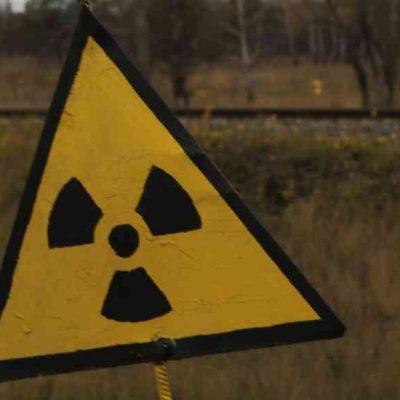
US Military to Receive Mobile Nuclear Power Plants
- By Geert Devenster
- . March 10, 2020
The US military is set to receive a mobile nuclear reactor to power remote bases both domestically and abroad. According to the Department of Defense,

McDonald’s Fryer Oil Transformed into 3D Printing Material
- By Rolf Lewis
- . March 1, 2020
In a groundbreaking development, scientists at the University of Toronto Scarborough have created a new resin for 3D printers using old cooking oil from McDonald’s.

Lab-grown meat coming to supermarkets
- By Rolf Lewis
- . February 14, 2020
Lab-grown meat, once an unaffordable luxury, is now on the verge of being introduced in supermarkets in the United States. In recent years, there has

Replacing Insecticides with Pheromones
- By Geert Devenster
- . December 27, 2019
Insect pests are responsible for a significant portion of global crop losses. While insecticides protect against the problem, they are heavily criticized in the public

Blue Energy: Replacing 2,000 Nuclear Plants
- By Rolf Lewis
- . December 11, 2019
A new membrane could revolutionize the use of osmotic power plants, also known as “blue energy,” and potentially replace up to 2,000 nuclear power plants.
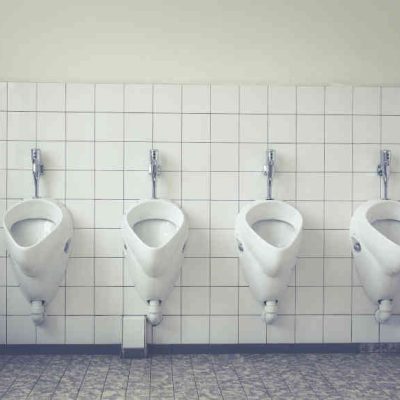
Power from pee: Microbial fuel cell
- By Rolf Lewis
- . December 6, 2019
A microbial fuel cell that costs less than three euros can generate enough electricity from urine to charge a smartphone. This eco-friendly technology could be
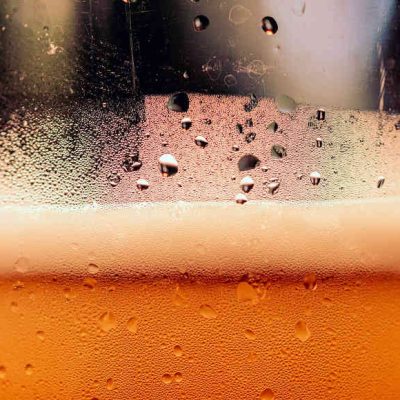
Beer waste turned into carbon nanotubes
- By Rolf Lewis
- . November 29, 2019
A new method has been developed to convert grain waste from beer production into activated carbon and carbon nanotubes, which can be used for water
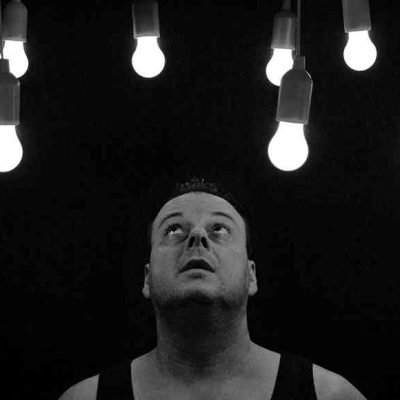
The enduring popularity of light bulbs
- By Geert Devenster
- . November 25, 2019
The classic incandescent light bulb was banned by the EU in 2009, yet many of these energy-consuming bulbs still burn in German households. However, switching
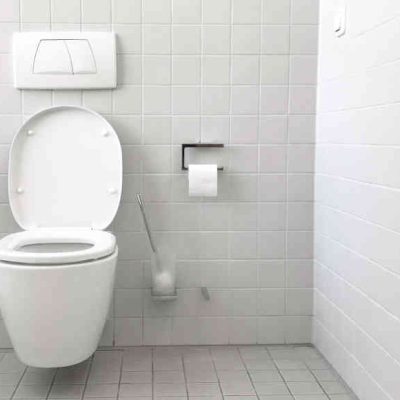
Nano Coating Saves Water and Keeps Toilets Clean
- By Geert Devenster
- . November 20, 2019
Every day, approximately 141 billion liters of drinking water are wasted on flushing toilets. However, a new nanocoating for toilets could make them practically self-cleaning









